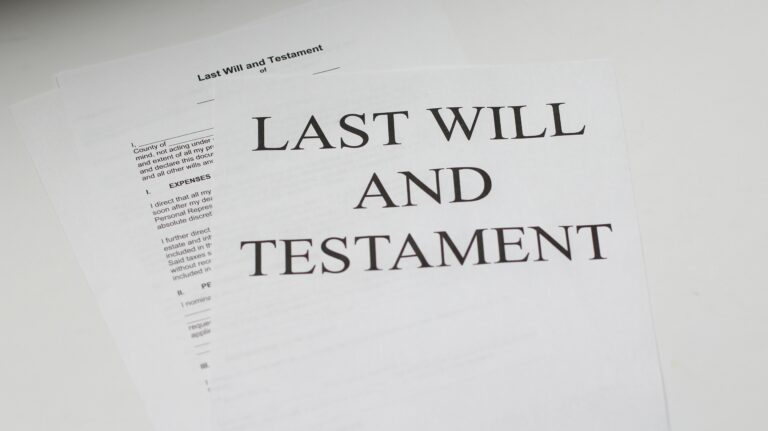
When Should I Hire an Estate Planning Attorney?
Kiplinger’s recent article entitled “Should I Hire an Estate Planning Attorney Now That I Am a Widow?” describes some situations where an experienced estate planning attorney is really required:
Estates with many types of complicated assets. Hiring an experienced estate planning attorney is a must for more complicated estates. These are estates with multiple investments, numerous assets, cryptocurrency, hedge funds, private equity, or a business. Some estates also include significant real estate, including vacation homes, commercial properties and timeshares. Managing, appraising and selling a business, real estate and complex investments are all jobs that require some expertise and experience. In addition, valuing private equity investments and certain hedge funds is also not straightforward and can require the services of an expert.
The estate might owe federal or state estate tax. In some estates, there are time-sensitive decisions that require somewhat immediate attention. Even if all assets were held jointly and court involvement is unnecessary, hiring a knowledgeable trust and estate lawyer may have real tax benefits. There are many planning strategies from which testators and their heirs can benefit. For example, the will or an estate tax return may need to be filed to transfer the deceased spouse’s unused Federal Estate Unified Tax Credit to the surviving spouse. The decision whether to transfer to an unused unified tax credit to the surviving spouse is not obvious and requires guidance from an experienced estate planning attorney.
Many states also impose their own estate taxes, and many of these states impose taxes on an estate valued at $1 million or more. Therefore, when you add the value of a home, investments and life insurance proceeds, many Americans will find themselves on the wrong side of the state exemption and owe estate taxes.
The family is fighting. Family disputes often emerge after the death of a parent. It’s stressful, and emotions run high. No one is really operating at their best. If unhappy family members want to contest the will or are threatening a lawsuit, you’ll also need guidance from an experienced estate planning attorney. These fights can result in time-intensive and costly lawsuits. The sooner you get legal advice from a probate attorney, the better chance you have of avoiding this.
Complicated beneficiary plans. Some wills have tricky beneficiary designations that leave assets to one child but nothing to another. Others could include charitable bequests or leave assets to many beneficiaries.
Talk to an experienced attorney, whose primary focus is estate and trust law.
Reference: Kiplinger (July 5, 2022) “Should I Hire an Estate Planning Attorney Now That I Am a Widow?”









